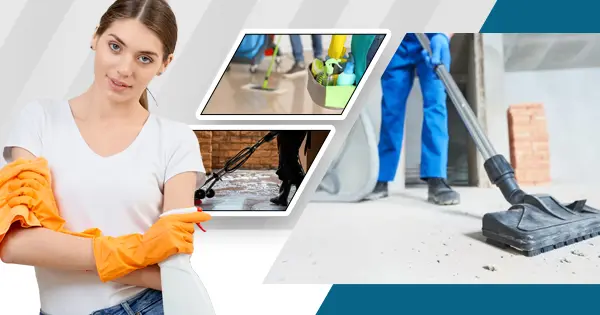Construction machinery is a valuable investment, and keeping it in top condition requires consistent care. Clean machinery not only operates more efficiently but also lasts longer and reduces costly repairs. By maintaining a regular cleaning routine, you can ensure your equipment stays reliable on every job site.
Why Regular Cleaning Matters
Dust, mud, grease, and other debris can accumulate quickly on construction equipment. If left unattended, these buildups can damage critical components and reduce performance. Regular cleaning helps prevent these issues and extends the machine’s lifespan.
Effective Cleaning Practices
Start by removing loose dirt and debris using compressed air or a pressure washer. Pay special attention to undercarriages, joints, and moving parts. For stubborn grease or oil, use industrial-grade cleaners that are safe for machinery surfaces. In some cases, deep cleaning services may be required to ensure a thorough and safe finish.
Scheduled Maintenance Alongside Cleaning
Cleaning should be paired with scheduled maintenance. Regular inspections of hydraulic systems, filters, and moving parts help identify potential problems early. Additionally, working with trusted professionals for builders cleaning can help ensure your equipment and site remain hazard-free, especially after major construction work.
Protecting Machinery from Environmental Factors
Weather and environmental exposure can speed up wear and tear. Store machinery under shelter when not in use and apply protective coatings when possible. Cover sensitive parts to avoid water or dust damage.
Conclusion
Clean, well-maintained construction machinery saves time, money, and effort in the long run. By adopting effective cleaning practices and scheduling regular professional support, you can keep your equipment running smoothly and extend its working life.


